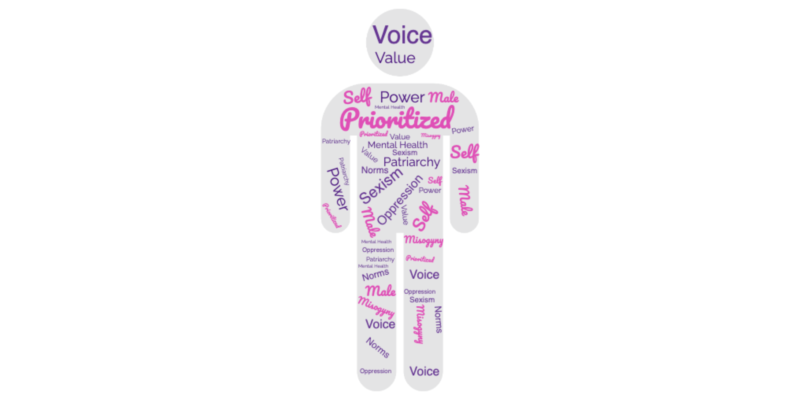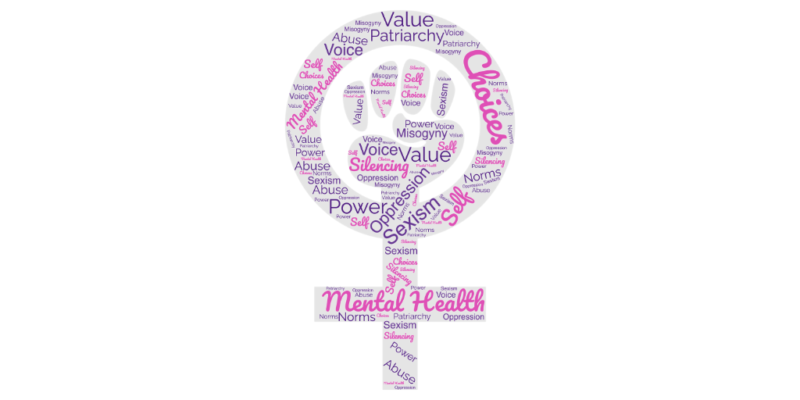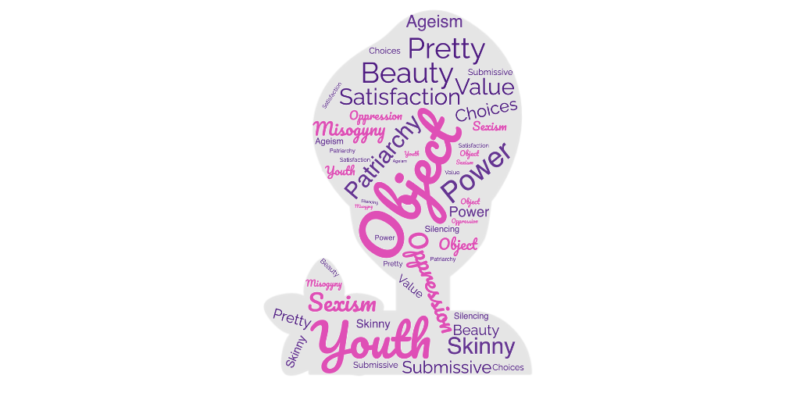Ruth King, in her book Mindful of Race says, “Racism is a heart disease and it’s curable!” This heart disease of racism causes great harm to black people, and all BIPOC people. If you allow yourself to see it, your heart might just break open. The resulting compassion might call you to action.
Researchers have documented the physical and mental health damage caused by the stress of living with racism as an identity-based trauma. Due to this stress, black people have higher rates of diabetes, obesity, asthma, lung disease, hypertension and heart disease. Because of this stress-based disease, black people die earlier. Racism also kills more directly as a result of police violence and a higher level of maternal mortality.
Black people are hurting. Black women have experienced several recent events that contribute to their collective pain. On January 8, Dr. Antoinette Candia-Bailey, VP of Student Affairs at Lincoln University took her own life. You can read about the racism that led to the sad ending of her life in Essence. This comes on the heels of the resignation of Dr. Claudine Gay, Harvard’s first black woman president for reasons also tied to racism, weak claims of plagiarism, and an aftermath that includes threats to her life. The wife of white Bill Ackman who played a large role in discrediting her is now accused of plagiarism, highlighting how black women face unfair and greater scrutiny. Black women experience continuous microaggressions, less support, greater barriers and less respect and acknowledgment of their accomplishments. The advocates for the Workplace Psychology Safety Act are educating people on how workplace bullying and mobbing is greater for people who have marginalized identities.
We don’t need to be overtly racist, or wear a white pointy hat, to contribute to racial harm. Robin Diangelo, explains the existence of racism, often unconscious, within progressive communities in her book Nice Racism: How Progressive White People Perpetuate Racial Harm.
Research highlights that all it takes to lack inclusive love and compassion is “othering.” We are more likely to empathize with people that we view as part of our in-group. We categorize people into groups of us versus them, then deliver more empathy toward people in groups with which we identify. Neuroscience researchers have even found a greater vicarious empathic responses for people of the same ethnicity.
For women that want to embody inclusive love and compassion, it is important to stop playing nice and start intentionally acting kind. And by kind, I mean standing up on behalf of BIPOC people, especially black women. As Ruth King notes, “Silence is a way in which white privilege is exercised.”
In order to engage in the inner work of racism, it may take the psychological work of unpacking internalized misogyny, and rethinking the prescribed norms of patriarchy. Patriarchy depends on women’s silence and submission. Because of this, internalized misogyny is a barrier to inclusive love and compassion. Women that disagree with this statement may be the ones that need to hear it most, as research shows that women that perceive less sexism have more internalized misogyny. A lack of real kindness, in the form of relational aggression between women is a symptom of internalized misogyny. In this way, internalized misogyny perpetuates the oppression of other women. Sadly, more so for women that are not in our same racial group.
I share this as an invitation to love more fully. To love more completely. To realize that love is a verb. To realize compassion requires action. We can commit to not leave anyone out of our circle of love and compassion. In recognizing our shared humanity, I invite women to do the inner psychological work required to embody an inclusive love and compassion.






